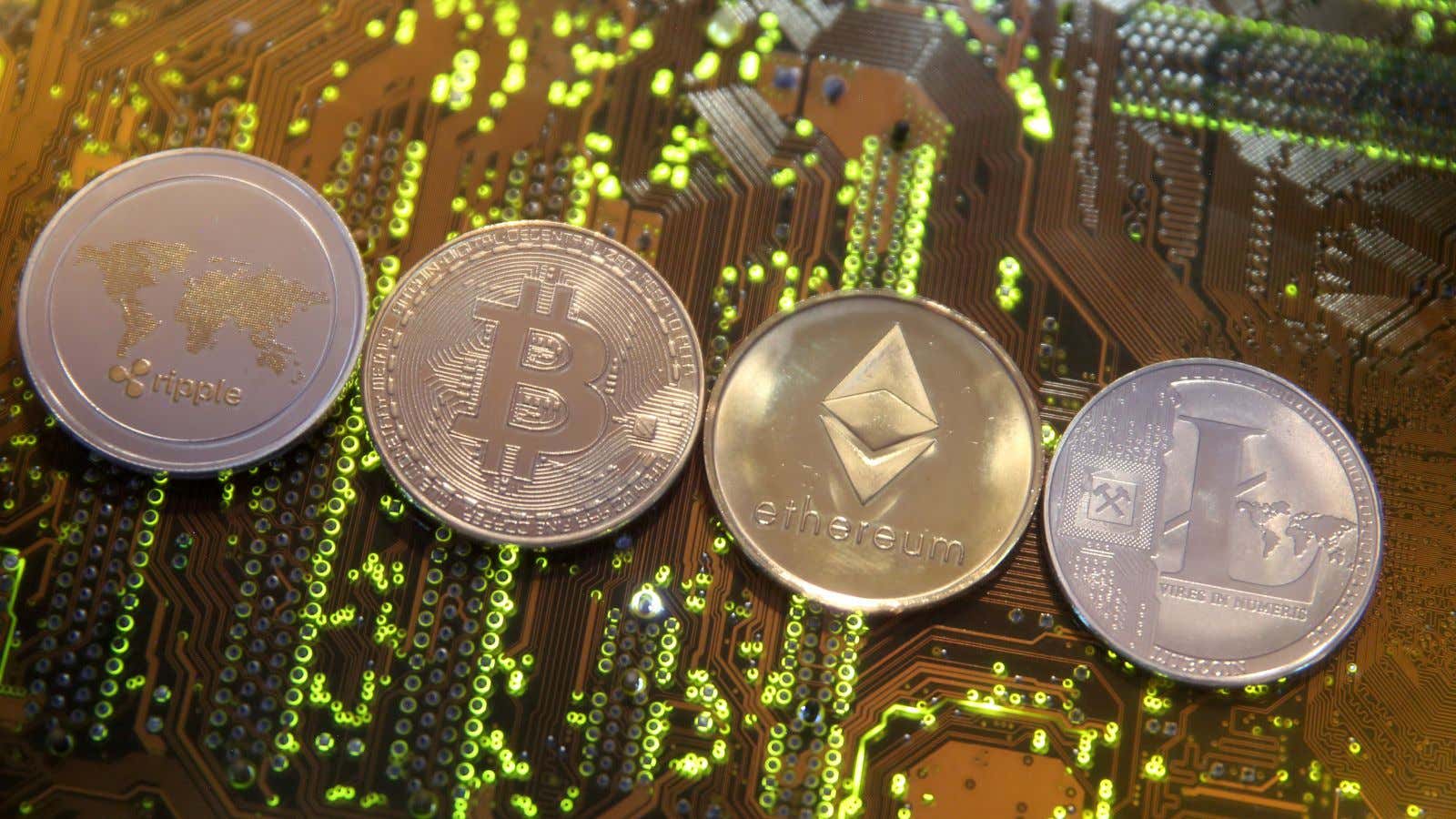Update: The final Supreme Court hearings were postponed to Sept. 12.
The uncertainty may finally be ending for the Indian cryptocurrency ecosystem.
Today (Sept. 11), the supreme court will begin the final hearings in the case between virtual money exchanges and the Reserve Bank of India (RBI). At the end of the arguments, it will be known if the exchanges will get any reprieve from the banking regulator’s crackdown.
In April, the RBI had directed lenders to wind down all business dealings with cryptocurrency exchanges and traders within three months.
After the deadline of July 06 and the once-booming industry has suffered badly since then. For instance, Unocoin, a Bengaluru-based cryptocurrency exchange, has seen the average monthly transacting on its website dwindle from a peak of over 200,000 traders to merely 20,000 in the months following the crackdown.
Not surprisingly, the exchanges have dragged the central bank to court. Their plea for an interim relief had not been granted.
Besides the RBI, the Narendra Modi government, market regulator Securities and Exchange Board of India (SEBI), the enforcement directorate, and the income tax department, too, are parties to the case filed by the exchanges.
Here is a look at the various arguments made so far:
The RBI’s rationale
In May, the supreme court asked the exchanges to engage with the central bank directly while the courts were on vacation for over a month. In July, at the court’s behest, the RBI explained why it was uncomfortable with virtual currencies.
It primarily wants to protect gullible investors who may be exposed to scams or severe price fluctuations. Like when bitcoin lost nearly $200 billion in market capitalisation in just about two months after hitting the December 2017 peak, the RBI pointed in its annual report released last month.
Since these transactions are anonymous, keeping a tab on the funds channeled into them can also be a task. Besides money laundering and terror financing, it can also lead to taxation troubles. The rise of cryptocurrency scams globally being a case in point.
These digital currencies have no intrinsic value, the RBI says, as they are not backed by assets, and that is another problem. Instead, the central bank is mulling a cryptocurrency of its own to address this issue.
Even the government has been uncomfortable with cryptocurrencies and had compared them to ponzi schemes. It has also issued advisories warning people against investing in these digital coins. Meanwhile, it formed a panel in December 2017 that is currently studying virtual currencies and ways to regulate them. The committee is headed by Subhash Chandra Garg, secretary in the department of economic affairs, and includes members from the RBI and SEBI.
Bitcoin exchanges’ arguments
The virtual currency exchanges have challenged the RBI’s diktat mainly on two grounds.
These are article 19(1) (g) of the Indian constitution that allows citizens to enjoy the right to carry on any occupation, trade, or business, and article 14 that prohibits discrimination and mandates equal protection under the law for all.
The industry says it has largely followed proper know-your-customer and anti-money laundering guidelines that help authorities track the money trail. Now, however, due to the crackdown, a large part of the trade has shifted to cash transactions, which may boost illegal activities, an outcome acknowledged even by the RBI recently.
The exchanges have also said consistently that they are open to more scrutiny and regulations. In their correspondence with the RBI, industry players have agreed to include more information and precautionary measures such as passport details and insurance cover.
As for frauds, the exchanges argue these could happen anywhere money is involved, and so cannot be the grounds for a ban.
The industry has also countered the RBI’s argument of the lack of intrinsic value, saying such value already exists and is bound to develop over time. “For instance, in order to run certain computer programs, you can pay using ether. Moreover, as the market matures and more people and institutions start using it, there can be more use cases that can boost its intrinsic value,” the CEO of a cryptocurrency exchange had told Quartz earlier.
